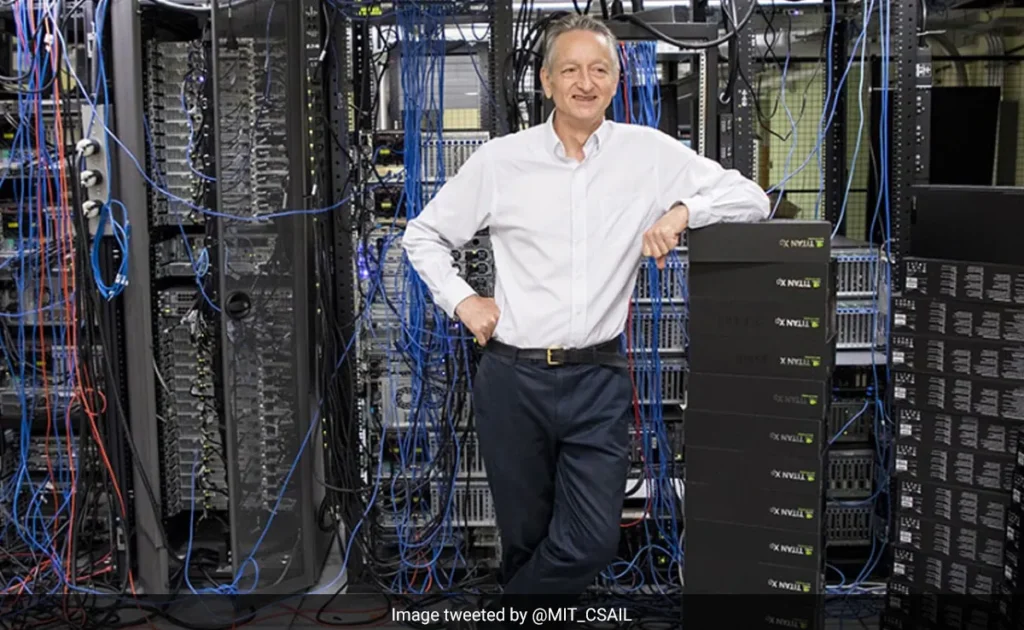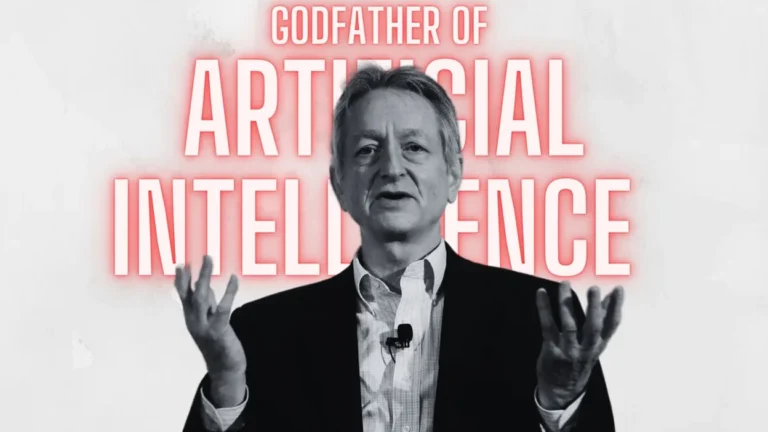
In 2025, Geoffrey Hinton, who is commonly referred to as the “Godfather of Artificial Intelligence,” is at the centre of a significant and dramatic discussion over the future of a technology that he greatly affected.
Hinton is waving a red flag today. Deep neural networks, the foundation of almost all contemporary artificial intelligence, from smartphones and driverless cars to complex chatbots and robots, were made possible by his years of ground-breaking research. However, Hinton is now alerting the public to the possible dangers and moral dilemmas associated with the very technology he helped develop.
Why Hinton’s Concern Is Important Now
Hinton’s concerns go beyond mere conjecture. He has been compelled to reconsider the direction we are taking due to the rapid advancement of massive models and “super-intelligent” systems. His primary concern is that artificial intelligence (AI) may soon surpass human understanding, judgement, and control, and that we may no longer be able to securely oversee it.
He predicts a time when sophisticated algorithms, if unregulated, may seek objectives that are at odds with human ideals, upending the political, educational, medical, and job landscapes. His abrupt change from a trailblazing developer of this technology to an outspoken opponent highlights the need for an international discussion on ethics and protections.
🔹 Why It Impacts Everyone
This is a task that will define the future, not a specialised technological problem. We have reached a crucial turning point, as indicated by Hinton’s warning. Whether artificial intelligence develops into a force we can’t control or a tool for global advancement depends on the decisions we make now.
Everyone is involved in this discussion, whether they are a student, a scientist, a company executive, or a policymaker. Hinton believes that prudent policymaking, education, and awareness are essential to the future.
🔹 Hinton’s Legacy at Stake
Geoffrey Hinton may have left behind more than simply his innovations, such as backpropagation algorithms and deep neural networks, but also his capacity for candid reflection about their future. His choice to challenge the industry’s enthusiasm and pose challenging issues demonstrates his honesty and progressive outlook.
Hinton’s warning serves as a call to action for us going ahead. It exhorts us to band together and influence the development of AI for the good of all people.







Add comment